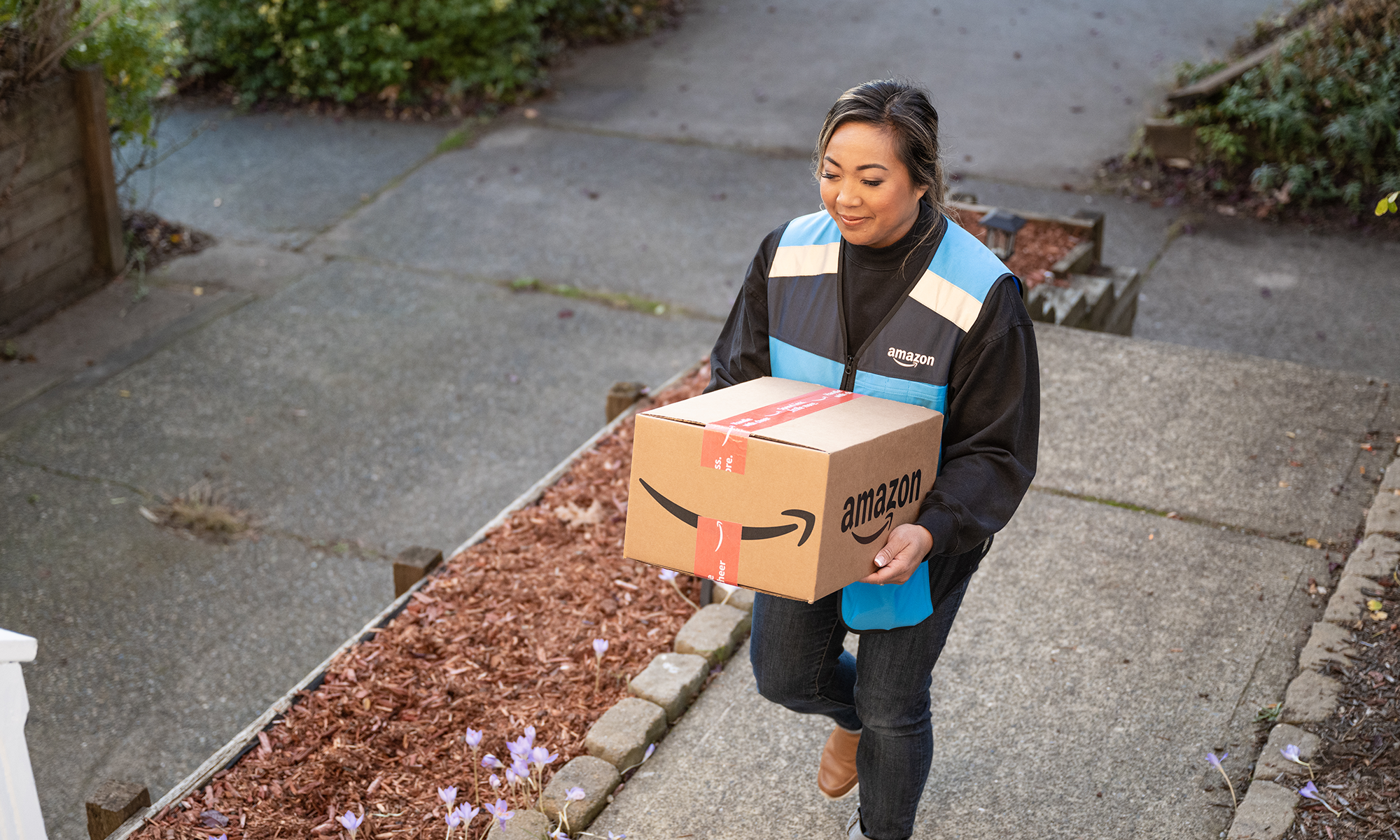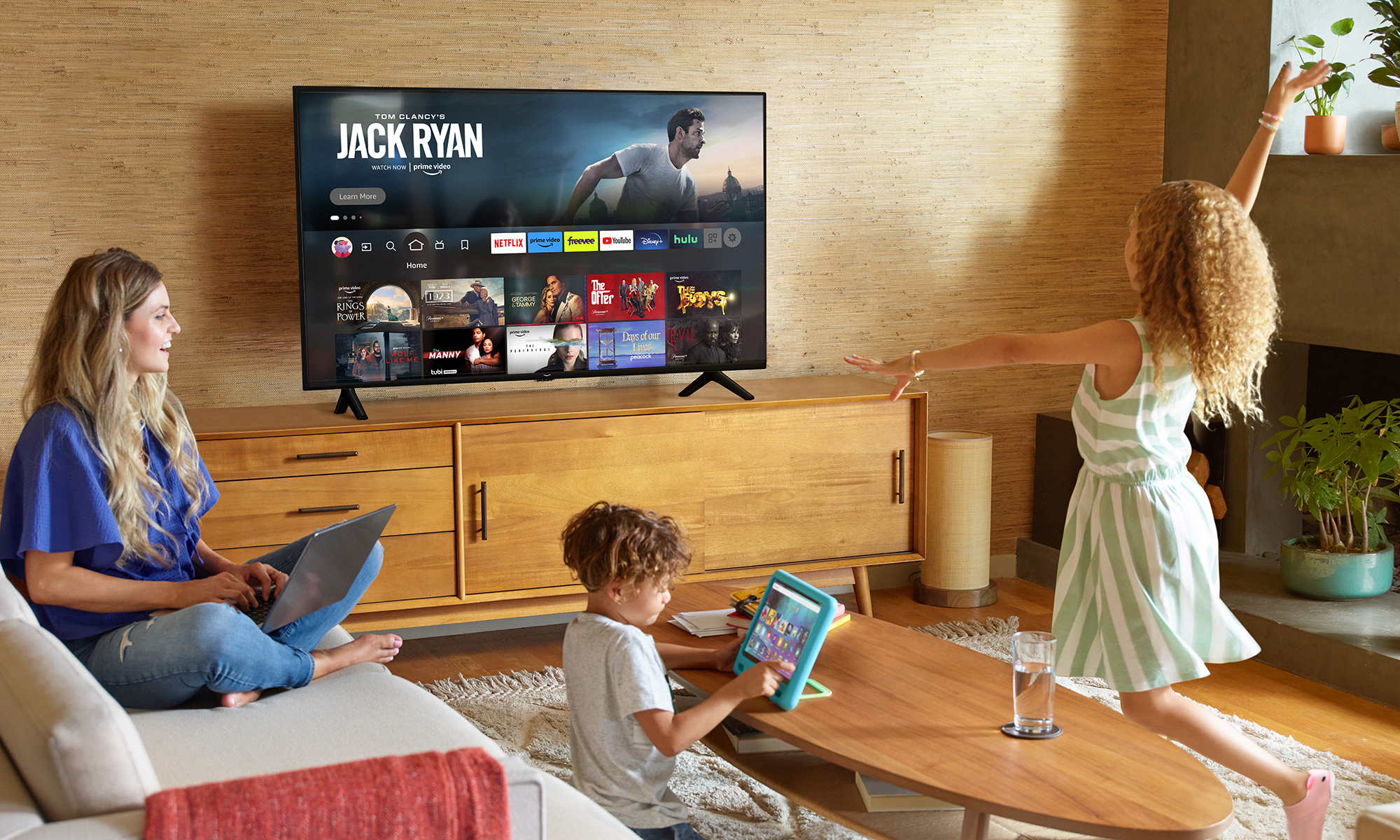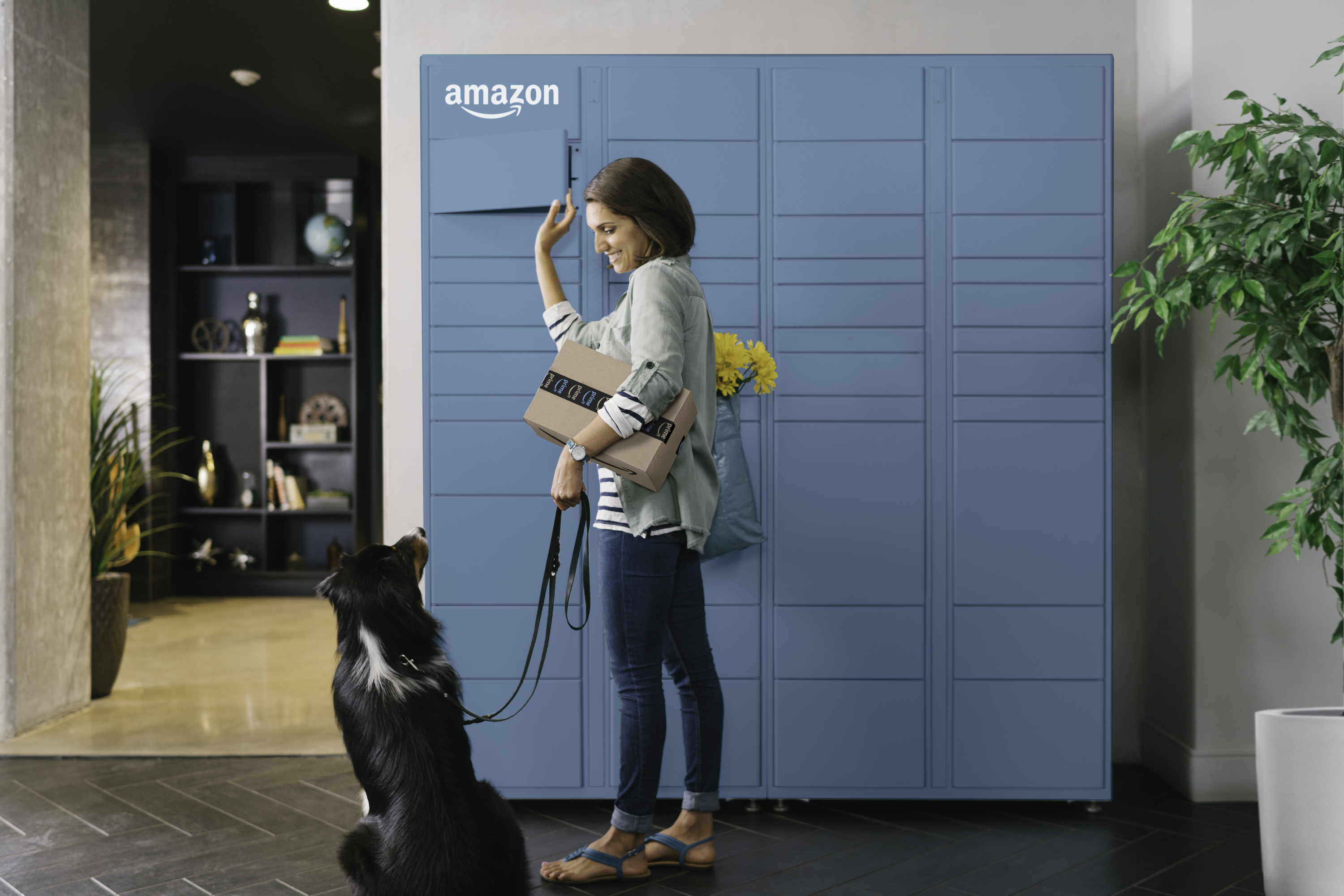Just when it seemed Amazon.com (AMZN 1.02%) delivery couldn't get faster, the company is speeding up its same-day delivery. About 3 million items now can be ordered and delivered throughout the day in select cities, the company announced March 3. And at the same time, the coronavirus outbreak has resulted in a frenzy of buying that's shaken up delivery at Amazon and other rivals like Walmart (WMT +1.47%).

Image source: Getty Images.
Shoppers complained this week on social media, saying Amazon Prime deliveries aren't set to arrive in a few hours as usual but instead will supposedly take days.
When I tried to purchase items on Amazon on March 5, I noticed a message saying "increased demand" had resulted in short supply and longer delivery times. As the coronavirus outbreak spreads, people are racing to gather supplies in case of an eventual quarantine. And shoppers are favoring e-commerce in order to avoid possible exposure to the virus.
The good news here is that Amazon, as an online retail leader, likely is getting more business than brick-and-mortar players. The risk is that if the company's struggle with supply and delivery lasts too long, that may turn off customers and cost it future orders.
Last-mile delivery
Fast delivery of both groceries and general merchandise is a big focus for Amazon and Walmart as they vie for busy customers who don't have time to wait. About 78% of U.S. shoppers consider fast delivery of online orders "rather important" or "very important," according to Statista. Amazon's shipping costs rose 43% year over year to almost $13 billion worldwide in the fourth quarter.
The company has been distancing itself from third-party delivery services like FedEx as it builds out its own network. Amazon in 2018 launched its plan to take charge of "last-mile" deliveries, or those from fulfillment centers to customers' doors. The company offered entrepreneurs support to start up their own delivery businesses to carry packages through the last mile. Amazon now has more than 800 delivery service partners with 75,000 drivers in the last-mile network. The company said its delivery network handled more than 3.5 billion packages globally last year.
In Amazon's latest effort, Prime members in Philadelphia, Phoenix, Orlando, and Dallas can receive orders in just a few hours rather than having to wait until the end of the day. For instance, orders placed as late as 1 p.m. will be delivered by 6 p.m. Amazon already offers two-hour delivery through its Prime Now program and its grocery service, Amazon Fresh.
Will Amazon's investment pay off?
Now the question is whether Amazon's investment in delivery will pay off. The coronavirus outbreak is putting the company to a test. How long will it take for Amazon to manage the supply and delivery problem and put things back on track? If Walmart does so first, shoppers and investors will notice, and Amazon may see a dip in sales. If Amazon gets there first or even at the same time as rivals, it will benefit from increased sales as shoppers stock up on necessities during the outbreak.
And what happens once the coronavirus outbreak eases? Amazon's variety of delivery options within a period of hours means it still is a step ahead of rivals. It's unlikely the shopper who values speed will migrate to another retailer -- even if, during the outbreak, Amazon didn't deliver.








